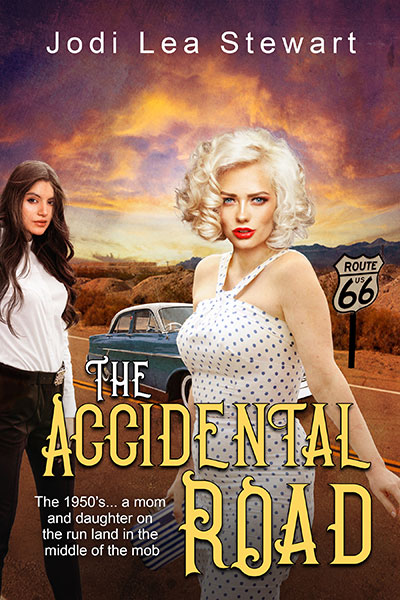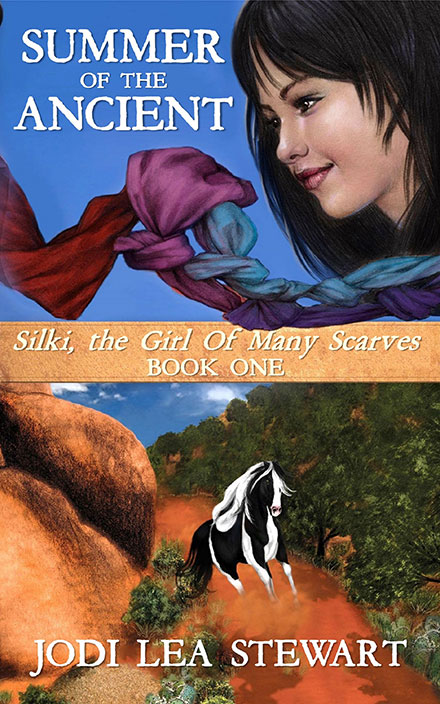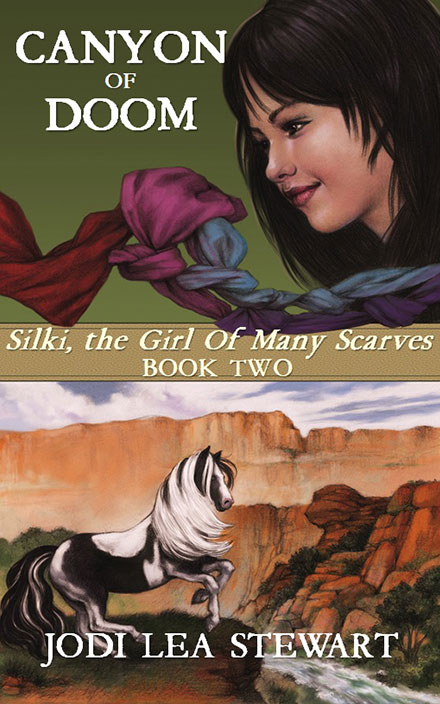Why Did Most of America’s First Professional Athletes Disappear From Sight?
Does it matter?
Yes, actually, it does. Why?
It matters because . . . in the first Kentucky Derby of 1875, 13 of the 15 jockeys were black men, many of whom were born slaves.
It matters because . . . the winning rider in the first KENTUCK DERBY was a Black Jockey.
It matters because . . . so few racing fans of today, or, anyone, for that matter, realize that AMERICA’S FIRST NATIONAL SPORT, HORSERACING, was dominated by Black athletes long before Jackie Robinson broke the color barrier in major league baseball.
It matters because . . . in Early America, Black and White jockeys could compete equally.

Oliver Lewis, jockey extraordinaire and winner of the First Kentucky Derby
It matters because . . . many of us yearn for a return of the gifted Black jockey to the track.
According to the late Edward Hotaling—a leading social historian—in his book, The Great Black Jockeys, Black men rode outstandingly to victory in all the major stakes. In Hotaling’s tireless research, he found that slaves, former slaves, and descendants of slaves were the dominant figures in racing during the eighteenth and nineteenth centuries. He called them “. . . (America’s) first professional athletes.”
In the Early American sport of horseracing, the only race that mattered was the one around the track
Domination of the track by Black Jockeys began in colonial times. Adopting the love of the race from the first Britons, Americans couldn’t get enough of the sport—especially in the South. It was a natural step to utilize Black riders as jockeys. Excellent groomers and trainers with superb abilities to connect and calm spirited Thoroughbreds, these men were seasoned, athletic, and eager. They had both the experience and the talent to ride the fiercest and the wildest, not to mention, the most expensive, horses to victory.
Horseracing became a chance to excel, a breath of fresh air to Black athletes. It was FREEDOM in a competition in which the only colors that mattered were the colors of their silk jackets. Black jockeys competing alongside White jockeys presented a rare equality that went on for more than two centuries, beginning in the 1700s.
*From “A Race is a Virginian’s Pleasure” by Ann Ritson, an Englishwoman married to a Norfolk merchant, circa 1773*
From ev’ry quarter they can come,
With gentle, simple, rich and poor,
The race-ground soon is cover’d o’er;
Males, females, all, both black and white
Together at this sport unite.”
After the Civil War . . .
. .. emancipated Black jockeys mostly abandoned the devastated South and rode the tracks in New York, New Jersey, and Pennsylvania. OPENING DAY OF THE FIRST KENTUCKY DERBY dawned on May 17, 1875, and nineteen-year-old Oliver Lewis rode Aristides to a record-setting victory. He became a superstar and icon to the many Black jockeys who followed in his footsteps.
Fifteen of the first twenty-eight Kentucky Derby’s were won by Black jockeys.

Isaac Burns Murphy, the Kentucky Derby’s first three-time winner
Isaac Burns Murphy became the Kentucky Derby’s first three-time winner in 1884, 1890, and 1891. He is considered one of the greatest riders in American Thoroughbred horse racing history. Murphy was the first jockey to be inducted into the National Museum of Racing and Hall of Fame at its creation in 1955.

Jimmy “Wink” Winkfield
Jimmy “Wink” Winkfield is an icon worth studying. Born into a family with 17 brothers and sisters in rural Kentucky, he went from earning $8/month to commanding $1000/per horse race. He won two straight Kentucky Derbies in 1901 and 1902, and was the last Black jockey to win that race. His life story is colorful and dramatic, and much has been written about him.
Marlon St. Julien, in 2000, rode Curule to a seventh-place finish and became the first Black jockey to ride in the Kentucky Derby in 79 years.
Why did Black Jockeys disappear from the American tracks?
Several factors are responsible for driving the Black jockeys away from the American tracks. Many went on to ride to victory on foreign soils in countries such as Russia, Poland, France, Austria, Hungary, England, Spain, and Italy, but why did they leave their homeland?
The new segregation laws and severe discrimination, even violence, were mostly to blame for the disappearance of the Black jockeys, but there were other reasons. By 1908, due to years of lobbying against racing by the antigambling forces, the number of American racetracks fell from 314 to 25, with most of the major courses shut down in every state. Many states, such as Louisiana, hit the tracks hard by passing laws that made racetrack gambling illegal.
Another reason for the decline is that by 1910, many Black Americans had migrated to the cities and were no longer living on or near the big horse farms. This largely changed the dynamics of the sport and access to the Thoroughbreds in general.
And now?
The decline of these Black athletes is nothing short of sad. Their stories should be woven into movies, made into expensive and far-reaching documentaries, and talked/written about in every communication format.
It’s time to make everyone aware of these early American athletes who starred in America’s first professional sport… horseracing. Those athletes deserve our respect and are worthy to be honored. Some efforts have been made to do that, such as at the National Museum of Racing and Hall of Fame in Saratoga Springs, New York.
I say it’s not enough.

Jimmy Lee
If you want to read at least one thorough history on this subject, I recommend the book I alluded to earlier, The Great Black Jockeys, The Lives and Times of the Men Who Dominated America’s First National Sport by Edward Hotaling.
If you want to read a fictional version of New Orleans life, including a dip into horseracing and a look at one amazing jockey, Jimmy Lee, in early to mid-century New Orleans… TRIUMPH, a Novel of the Human Spirit by Jodi Lea Stewart.

TRIUMPH takes you places you never expected to go.
2021 International FIREBIRD First Place Multicultural Fiction Award ~
CLICK HERE to see an exciting Book Trailer for TRIUMPH, a Novel of the Human Spirit

Author Jodi Lea Stewart ~ Laughing is way better than crying ~
Jodi Lea Stewart is a fiction author who believes in and writes about the triumph of the human spirit through overcoming adversity via grit, humor, and stubborn tenacity. Her writing reflects her life beginning in Texas, Missouri, and Oklahoma, later moving as a youngster to an Arizona cattle ranch next door to the Navajo Nation, and, as a young adult, resuming in her native Texas. Growing up, she climbed petroglyph-etched boulders, bounced two feet in the air in the backend of pickups wrestling through washed-out terracotta roads, and rode horseback on the winds of her imagination through the arroyos and mountains of the Arizona high country. Her lifetime friendship with all nationalities, cowpunchers, and the southern gentry allows Jodi to write comfortably about anything in the Southwest, the South, and far BEYOND.
JODI’S LATEST INTERNATIONALLY AWARDED HISTORICAL FICTION NOVEL ~
Watch the Book Trailer for THE GOLD ROSE HERE.
I write historical fiction centered around the early to mid-twentieth century. My latest novel, THE GOLD ROSE, involves the Japanese invasion of China and the ensuing civil war that ushered in modern-day communism. No matter what the circumstances, eras, conflicts, or main plots entail… my goal is always to create characters everyone relates to. I believe that’s the kind of connective reading in which the reader and writer actually share a point in time. 😊 Happy reading, y’all!
JODI’S LATEST INTERNATIONALLY AWARDED HISTORICAL FICTION NOVEL ~


















